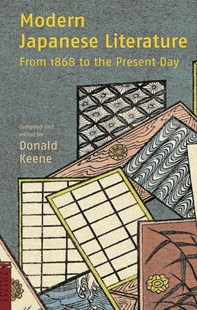This Scheming World
$34.99
Available
Description
“The New Year’s Eve is more precious than a thousand pieces of gold. It is the Great Divide between winter and spring, which none can pass over without copper and silver.” –Ihara Saikaku
Ihara Saikaku is regarded as Japan’s first popular writer. The twenty lively stories in This Scheming World recount raucous events surrounding New Year’s Eve–as crafty money lenders attempt to collect their money from equally crafty debtors. From the bawdy to the outrageous, these tales demonstrate how far 17th-century Japanese would go to avoid paying their debts–with hilariously unexpected and often disastrous results!
These finely-crafted tales include stories of:
Philanderers who slip off to hide in the homes of their mistresses
Hustlers who leave town suddenly on “very important” business trips
Connivers who become actors for a day to hide-in-plain-sight on stage
Saikaku portrays his characters with such a deft and human touch that, even three centuries later, his stories still ring true. The new Introduction by Saikaku expert David J. Gundry explains how and why this entertaining work still resonates with modern readers today.
Additional information
| ISBN | 9784805317105 |
|---|---|
| Dimensions | 130 x 203 mm |
| Book Type | Paperback / softback |
| Author | Ihara Saikaku |
| Author Bio | Ihara Saikaku (1641-1693) has been called "the greatest popular Japanese novelist of the 17th century." He began as a successful merchant in the up-and-coming city of Osaka. The tragedy of losing his wife and daughter moved him to abandon his business and become a roving Buddhist monk and for twenty years he wrote haiku verse and prose. Saikaku founded the Ukiyo-zoshi (Floating World) genre of literature, which flourished between the 1680s and the 1770s. Masanori Takatsuka, a graduate of Hiroshima Koshi, and David C. Stubbs, a graduate of Florida State University, were both faculty members of Kwansei Gakuin University in Nishinomiya, Japan. David J. Gundry is Associate Professor of Japanese at the University of California, Davis. He has published numerous articles on Japanese literature as well as the book Parody, Irony and Ideology in the Fiction of Ihara Saikaku. |
| Number of Pages | 192 |




